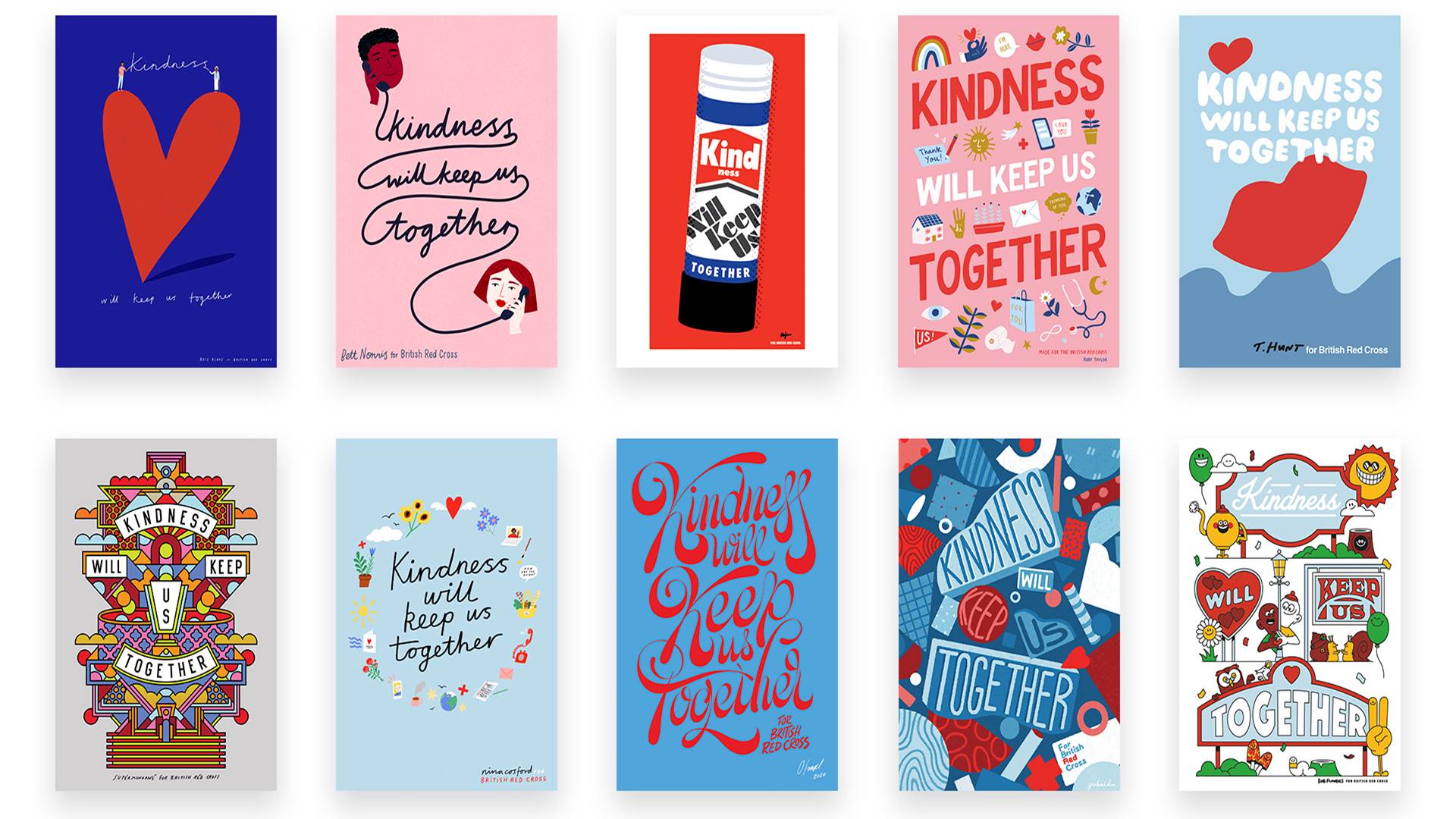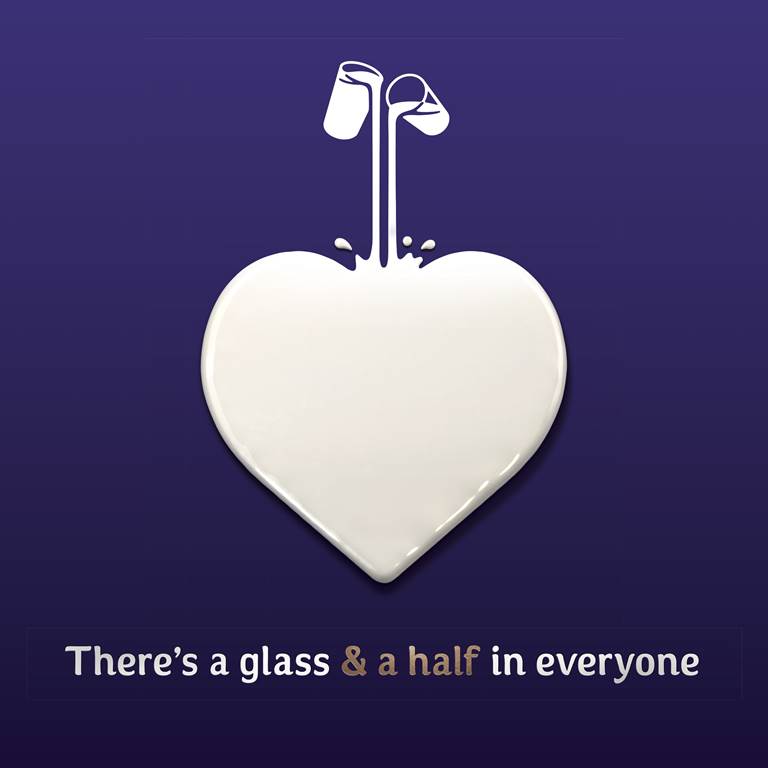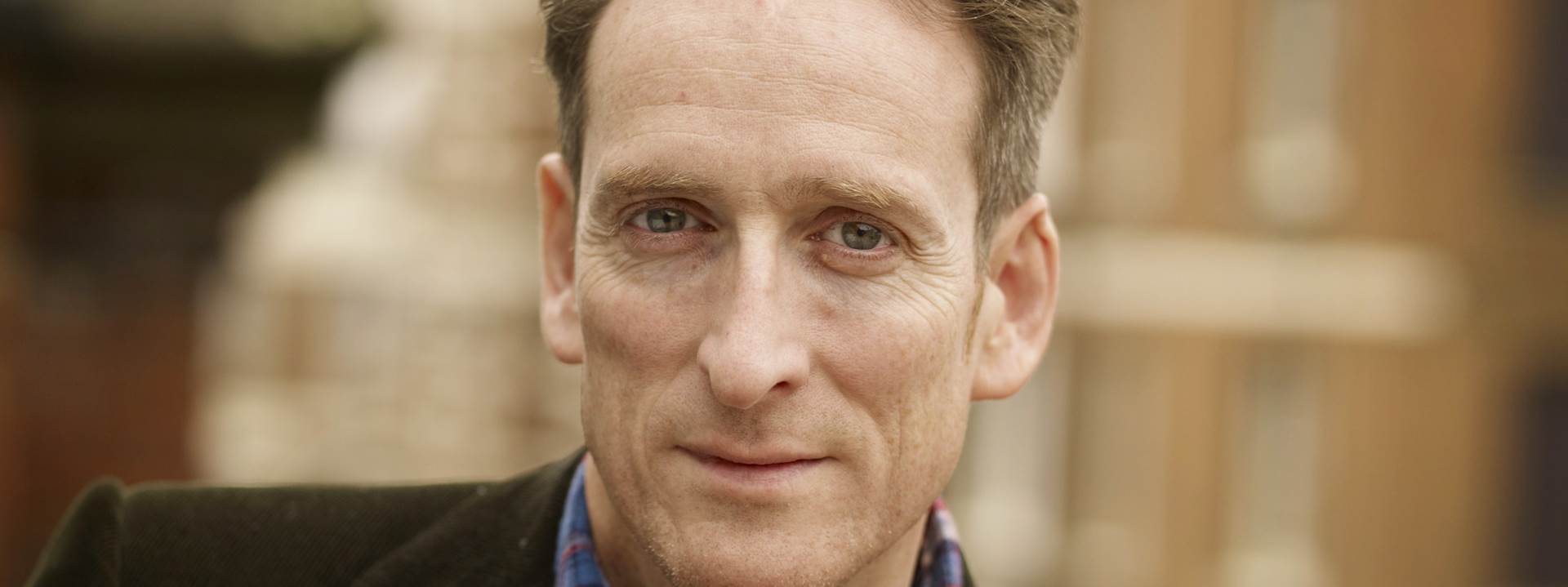For the simple reason that we aren't ready for good news yet. It is understandable that we are stuck in pessimistic mode, receptive to negative messages about mask-wearing infringements, second spikes in Spain, Hong Kong, France, the failure of our authorities etc. We are in fact like a test case for Leon Festinger's seminal work, The Theory of Cognitive Dissonance.
A Glass Half Full
news
Agency News
Published by
Charles Vallance
Date
03/08/2020
No one, unless deranged, is a pure optimist. The same is true of pessimism. Most people, most of the time, fluctuate between the two outlooks.
We strike a balance between a glass half full and a glass half empty.
That said, it can sometimes feel that the balance is getting more one-sided, that our default psychological setting has become more receptive to negative messaging. Coronavirus inevitably heightens this impression. We have become habituated to bad news and traumatic headlines.
And yet the evidence is that, for the vast majority of people in the UK, the threat of coronavirus has relented considerably. According to Public Health England, in 87% of test locations, there have been no new cases for 4 consecutive weeks to July 25. This good news is reflected in ONS excess death figures, which have been significantly below their 5 year average for the last 4 weeks (to week 28). The good news is further underlined by data from Worldometers which ranks the UK as the leading country in the world for tests per million of population, enabling British health authorities to identify and move swiftly where there are local flare-ups (eg Leicester, Luton and Blackburn) or where holidaymakers returning from specific areas are at risk.

Wonderful news. And cause for celebration. Or at least the odd positive headline. Of course it isn't. Of course we aren't celebrating. Of course the headlines aren't trumpeting good news.
Festinger was intrigued by this apparently counter-intuitive response, just when people should feel relieved, they were actually growing more anxious.

However, after looking at similar precedents, Festinger realised that the rumours were entirely explainable. They weren't 'fear-provoking', they were 'fear-justifying'. Fear casts a long shadow, and people were not yet ready to feel relief. In fact, relief would have been in direct conflict with their fearful emotions. The rumours, Festinger concluded, were a way for people to balance the dissonance of their cognitions.
Given the shock of Covid-19, it is natural for us to be similarly disposed towards bad news. Gloomy headlines indirectly serve to reassure us by echoing our negative feelings. But if Festinger is to be believed, we should be wary of allowing the brands we work on to spend too long echoing the prevailing gloom. The best brands are built for the long term, and the long term favours optimism, confidence and certainty. It favours brands that offer us a view of how things can be rather than a reflection of how things are. There is, of course, a vital need to recognise the here and now, but this should not be mistaken for long term strategy, and we have seen in this crisis how easy it is for advertising to start emphasising similarities rather than differences.
This is a point Jeremy Lee highlights in his excellent article (Campaign, July 27) on whether, given the cultural context, our industry is ready for a return to laughter. My view is that the time is probably right to start harnessing the optimism of humour again. Nor is this simply a gut instinct. In the two years after the Great Depression, the proportion of film releases that were comedies increased from 19% to 33%. In the two years after 1939, comedies increased from 31% to 40% of all releases. Laughter is often the best medicine.
Whether or not it is appropriate to return to humour straight away, it seems increasingly clear that the cultural moment is imminent where we pass from codes of solace to codes of optimism. We will soon be more receptive to stories of progress in containing the virus and, ultimately, defeating it.
And when that moment comes, when the threat is gone, one thing is for sure. We won't look back to the brands who echoed our past anxieties. We will look forward with brands who faced the future and told us it's going to be ok.


